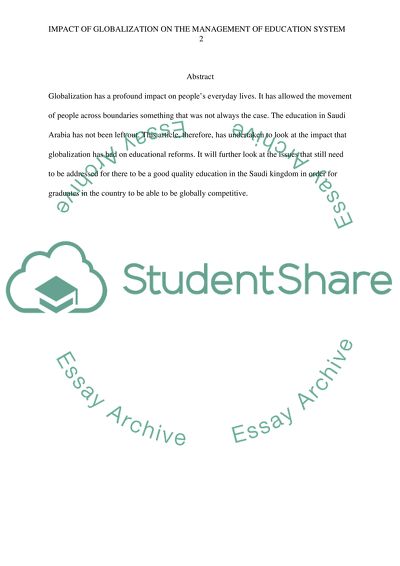Cite this document
(“Globlization Essay Example | Topics and Well Written Essays - 2250 words”, n.d.)
Retrieved from https://studentshare.org/education/1457845-globlization
Retrieved from https://studentshare.org/education/1457845-globlization
(Globlization Essay Example | Topics and Well Written Essays - 2250 Words)
https://studentshare.org/education/1457845-globlization.
https://studentshare.org/education/1457845-globlization.
“Globlization Essay Example | Topics and Well Written Essays - 2250 Words”, n.d. https://studentshare.org/education/1457845-globlization.


